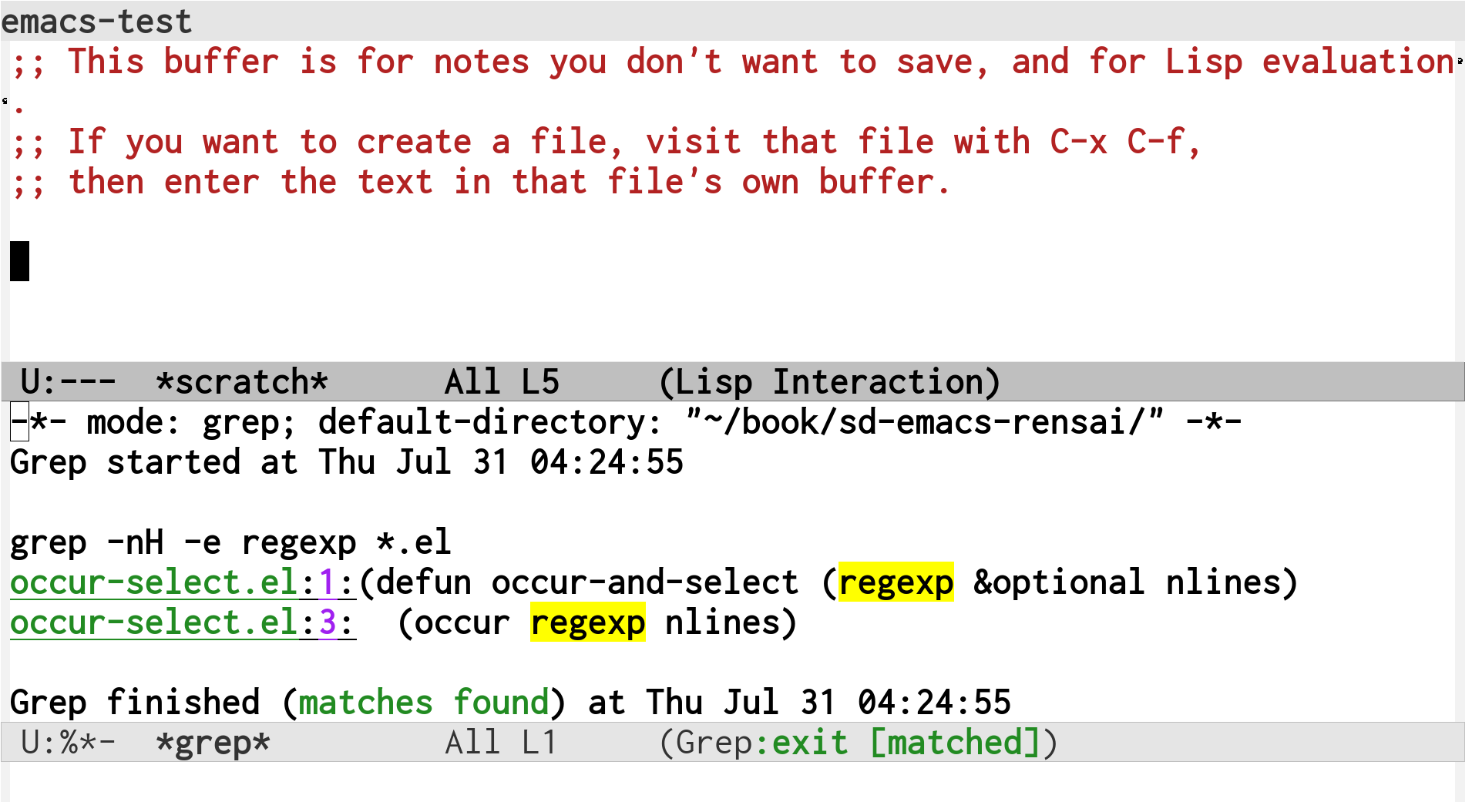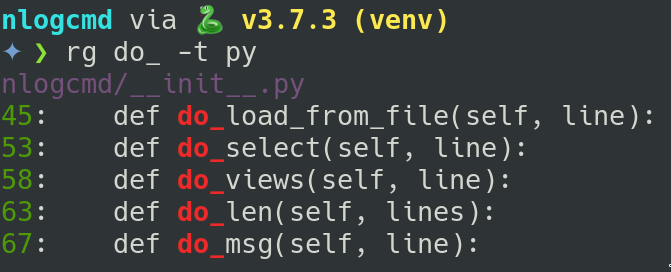
I do wish to caution that the "comparison" in its current state probably isn't very fair.įor example, the amount of work isn't exactly equal between git-grep and ripgrep the git-grep filtered several subtrees after-the-fact ( | grep -v), whereas the ripgrep got those same subtrees as an -ignore-file, so could prune early.Īlso: the comparison where git-grep won used -word-regexp (on both ripgrep and git-grep), the comparison where rg won had plain strings without word-boundaries. I've included the (censored) commands we ran below. It was a fairly brute-force approach: dump all "secret" identifiers from the DB (~16.000) into a file, and then do a search with -fixed-strings.įortunately, my colleague shared his results with me, so we can go into more detail if you'd like. I think it's mostly the query that is the problem, it wasn't exactly. git.Īfter ~8 years of development as a "strictly internal" tool, in an academic setting, with quite a bit of contributor rotation, we know there are a lot of sloppy parts, data-privacy wise, so this is a very crude hammer to see how much censoring-work is ahead of us. It's about 4.200 commits, 250 MB in total, of which 110 MB in. We're open-sourcing our in-house data management platform, and this grep was to see if any of our real data was left over anywhere in the history, e.g. That’s either one really big repository or a very resource constrained machine. That’s incredible and actually kind of unexpected. If you’ve given ripgrep a try, please let me know how your experience was.Termcolor 1.0 is out and moved to its own repository I was inspired by Brodie Robertson and Jay LaCroix to use ripgrep so thank you both. Its main feature is being extremely fast and the author Andrew Gallant wrote a detailed blog on ripgrep benchmark. The line number and color cording are not the main selling point (it’s open-source so no one’s selling you anything ) for ripgrep. You can pass the -sort flag to sort the output which will come at the cost of some performance. The way ripgrep sorts the output is based on whichever file gets searched first. To get the maximum performance, ripgrep runs in a multi-threaded way which means that the result shown will not be in the same order for the same search running multiple times. Now if you re-run the previous search, there wouldn’t be any output since ripgrep is filtering the nf file out of the search. Searching within a single fileĨ4:#tcp_keepalives_count = 0 # TCP_KEEPCNT Each mock-server-dataX.json file has 1000 random server data and nf file has a sample PostgreSQL configuration data.
#Ripgrep github download
Feel free to download this public gist to play along. I have generated some sample server data which I’ll use to test drive ripgrep. Fortunately, the binary is not called ripgrep it’s rg. Choose one of many installation options or you can build it from source.


It has first class support on Windows, macOS and Linux.

#Ripgrep github install
The first thing you’ll do is install ripgrep. In this blog, I’ll help you get started with using ripgrep and hope it’ll help you become more productive on the command-line. It’s super fast for searching patterns within single files and huge directories of files.

By default, ripgrep will respect gitignore rules and automatically skip hidden files/directories and binary files. If you’ve used grep to search for text or patterns in files, you’ll love ripgrep - a command-line utility tool written in Rust. Ripgrep - an extremely fast grep alternative


 0 kommentar(er)
0 kommentar(er)
